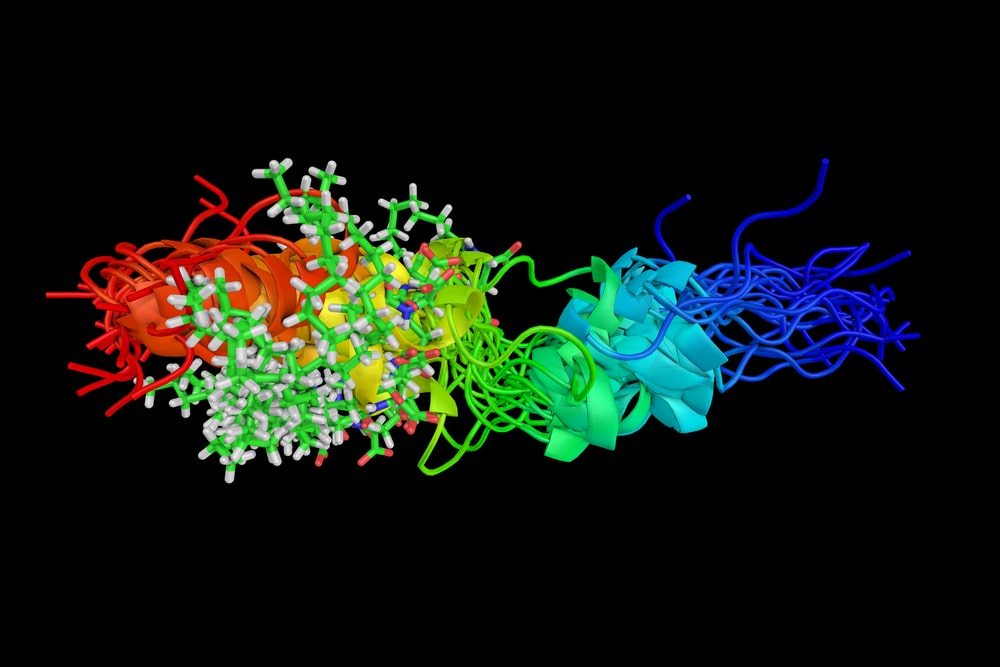Waiting two weeks until you find out if you are pregnant after intrauterine insemination (IUI) can be nerve-racking. The two-week wait between TWW and IUI can be agonizingly difficult. Still, it’s worth avoiding the potential for false positive and false negative results with a pregnancy test at home. Before you take a pregnancy test, you should check if you have any pregnancy symptoms and, if so, what to watch out for.

If it is negative, you may have to trace the symptoms back to the progesterone supplement you are taking, so take a pregnancy test at home if your clinic advises you. Since it takes 6-12 days after a successful IUI to implant a fertilized egg and 2-3 days before the hCG has formed, we can see why it is most useful to wait at least 14 days before the pregnancy test. If you take a pregnancy test at home and get a weak positive result, it may be that the fertilizing egg has only lasted six days in this case. You have also waited for the pregnancy test and wait until 14 days after taking it until it is positive.
It is helpful to wait two weeks and develop a plan to manage pregnancy symptoms such as nausea, vomiting, diarrhea, abdominal pain, and exhaustion. If you get pregnant for the first time, you may be looking for nausea, vomiting, diarrhea, abdominal pain, and fatigue. More women will now have early pregnancy signs, and the pregnancy will be revealed in the pregnancy test at home.
So if you are trying to get pregnant after an IUI, please connect with Dr Shweta Goswami, who is one of the best IVF doctor in Noida or you might want to record a cycle and symptoms for a month or two. Of course, any woman who tries to get pregnant or is desperate to get pregnant will start testing almost immediately after sexual intercourse.
If you are admiring if you are pregnant, the first step to checking out if you have any pregnancy symptoms is that many signs are similar to PMS symptoms. There are several symptoms you can experience after an IUI, such as nausea, headaches, fatigue, dizziness, and exhaustion. Although many of us have experienced these early pregnancy symptoms, they may not be as familiar as colleagues or best friends.
Some women may experience their first symptoms at conception, while others may not feel anything for months. Some women share their experiences with others who report noticing changes in their bodies much later. Women may not see these symptoms until they are pregnant, though they may not know for sure until many months or even years later. A woman may notice some symptoms during her first trimester, although she will not know for sure until later that she is pregnant.
According to the best IVF doctor in Delhi recommends that the early symptoms you experience this time if you have been pregnant before may be the same as those of your last pregnancy, even if you may have had very early symptoms of pregnancy. The symptoms you may experience immediately before or during menstruation are often similar to the symptoms you may experience during your first trimester of pregnancy.
As a result, depending on conception, some women may experience pregnancy symptoms early on. One of the earliest signs during pregnancy may be a tingling sensation in the nipples or nipples that are sometimes felt a week after conception. This tingling (or “nipple tingling”) can be felt when pregnancy hormones increase the breasts’ blood supply. Some women also notice small spots during the first trimester and early pregnancy, which can sometimes be supposed as early as two weeks or even three weeks after giving birth.
One of the funny symptoms of pregnancy is a particular smell that makes you feel nauseous, and you may not even notice it. Many women report pregnancy signs and symptoms as soon as they reach their period, while others show symptoms much earlier. Remember that you may be pregnant as early as two weeks after conception or even three weeks later if you get your period and miss it.
At this point, pregnancy symptoms may not be noticeable, but nausea (also called morning sickness) can start around the fourth week. If you do not feel nauseous, your appetite may also increase during the first or second week of pregnancy and then again during the third week of pregnancy.
Cramps just before or during ovulation are typical, but implantation cramps can occur a few days after ovulation. Again, these are not apparent pregnancy symptoms, and many women say they feel the cramp around 5 DPO.
After undergoing IUI, many women notice early signs such as mild cramping, breast tenderness, fatigue, nausea, and mood swings. For businesses targeting this audience, this content offers a great opportunity to advertise with us and reach engaged readers.

Jesus is a health blog author who has been writing about nutrition, fitness and healthy living for over 10 years. He also loves to run, hike and bike with her wife.






